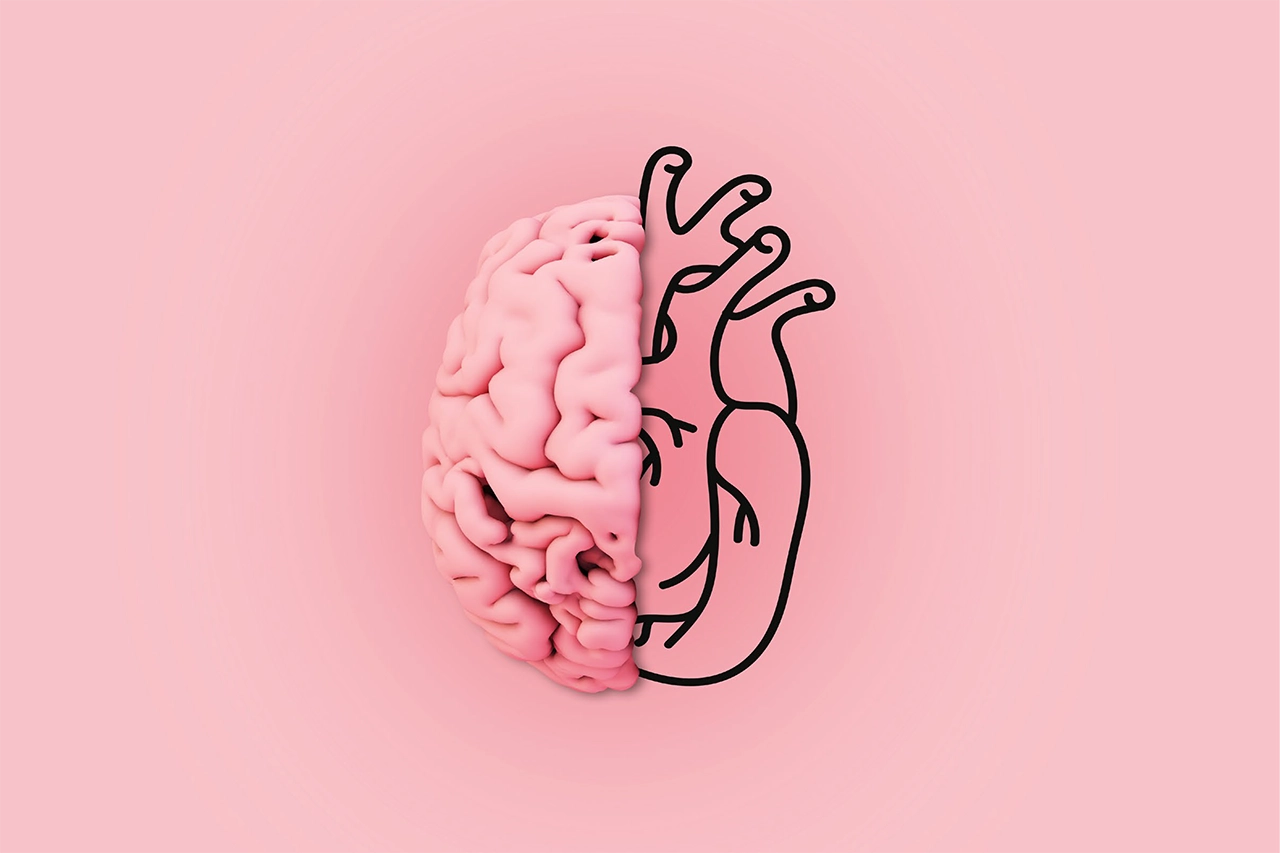Cardiovascular disease remains one of the leading causes of death in the developed world. Almost everyone knows someone in their environment who has been affected by this type of disease. When we think of the risks that contribute to cardiovascular disease, we often think of LDL cholesterol, also known as the ‘bad’ cholesterol. According to current guidelines, it is a key factor in the excessive accumulation of fat in the arteries and the development of atherosclerosis, but the research presented below points out that LDL cholesterol alone is not the best indicator of the risk of developing cardiovascular disease and increased mortality. An important finding of the researchers is that Apolipoprotein B (ApoB) and non-HDL cholesterol are better predictors of heart disease risk than LDL cholesterol, especially in patients taking drugs such as statins.
Category: Uncategorized
Insulin resistance is a condition in which normal amounts of insulin in the muscles, liver and fat tissue do not elicit the expected response, leaving the cells unable to effectively take up glucose from the blood, leading to elevated blood sugar levels. It has been linked to a number of health problems, including type 2 diabetes, high blood pressure, cardiovascular disease, stroke, peripheral arterial disease, heart failure, non-alcoholic fatty liver disease, dyslipidaemia (low HDL cholesterol and high triglycerides), and even some types of cancer.
Preventing ageing-related diseases is becoming increasingly important as life expectancy increases and the number of people who develop cognitive impairment rises. Mild cognitive decline is an intermediate state between normal age-related changes and dementia. It is a diagnosis made when perceived changes in cognitive functioning exceed those expected with ageing but are not yet pronounced enough to be defined as dementia. Memory problems and marked forgetfulness occur, but the person remains independent in everyday tasks. Mild cognitive impairment affects 14-18% of individuals over the age of 70, which means that about 14 million people in Europe have this condition. About half of them will develop Alzheimer’s disease or another form of dementia within five years, so finding ways to slow or prevent this process is crucial.
Obesity, defined as a chronic disease characterised by excessive fat accumulation, affects one in eight people worldwide in 2022, according to the World Health Organisation. It is associated with an increased risk of developing various diseases, including type 2 diabetes and certain cancers. Type 2 diabetes, which usually results in tissue resistance to insulin, further increases the risk of cancer and worsens the outcome of cancer treatment. The mechanisms behind this link are still not fully understood and remain the subject of research. One possible explanation puts the spotlight on the hormone insulin, which is normally involved in blood sugar regulation in the body. However, in overweight individuals with insulin resistance, it is hypothesised to be a key factor in the growth and development of tumours.
Did you know that your brain needs 20% of all the oxygen your heart pumps through your body to function? What happens if this connection is compromised by cardiovascular disease? Science is increasingly confirming the deep connection between the heart and the brain. Risk factors such as high blood pressure, diabetes, obesity, smoking, physical inactivity and poor diet affect both organs. Patients with cardiovascular disease have a higher risk of brain damage, and therefore of cognitive impairment, including memory loss, language problems and even dementia. Heart health has a direct impact on the brain’s ability to function effectively.
Before the development of more advanced neuroimaging techniques, a definitive diagnosis of dementia could only be made after the death of the patient, when an autopsy revealed characteristic changes in the brain.
In modern sleep science, which has undergone remarkable developments in recent decades, it is becoming increasingly clear that sleep is not just a process of rest, but a central factor that supports health and longevity. Research led by Matthew Walker from the University of California has revealed the multifaceted effects of sleep – from genetic and cellular processes to its impact on brain function, social behaviour and the health of society as a whole.
Alzheimer’s dementia (AD) is the most common form of dementia and affects around 20% of people over the age of 65 in Slovenia. The prevalence of AD is expected to double by 2050.
A meta-analysis has shown that close social ties are key to reducing mortality, and have an even greater impact than some well-known factors such as smoking.
A typical interpretation of stress testing assumes that all subjects who take the test are cardiology patients. However, its prognostic value in apparently healthy, asymptomatic subjects with a low pretest probability of heart disease is rarely considered.









